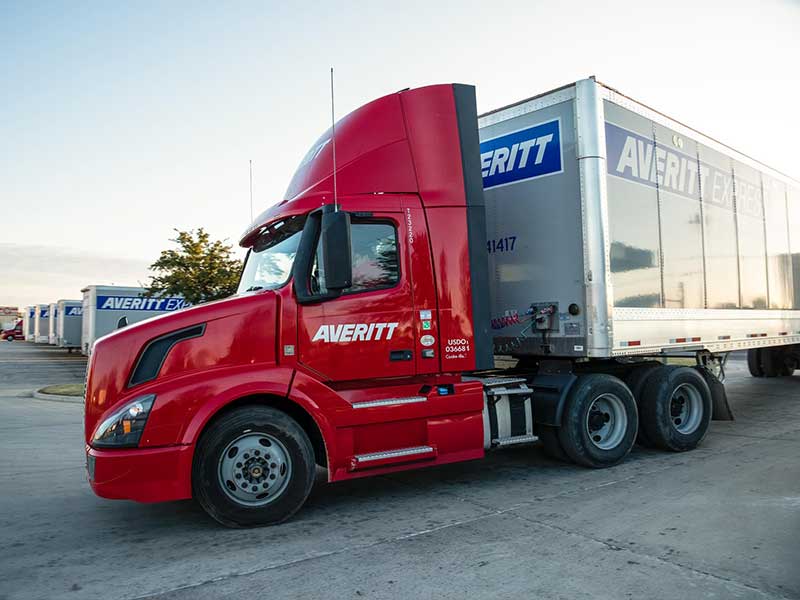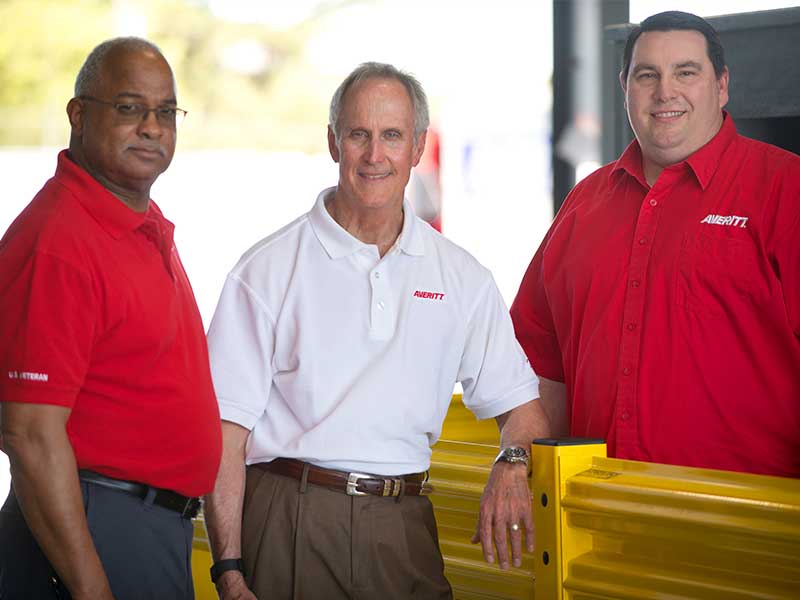10 min read
Q1 2026 Supply Chain & Logistics Outlook
The start of 2026 doesn’t bring a clean reset for the supply chain—but it does bring more clarity than we’ve had in...

To view Averitt’s current monthly scores, please visit FMCSA’s website.
You will need to enter Averitt’s DOT number: 36684

Averitt is uniquely prepared in a variety of ways to ensure outstanding performance in each of CSA's BASICs:

As always, our goal is to deliver freight on time, on target and intact. Shippers can help us do that — and stay in compliance with CSA — by:


Browse recent articles from our transportation industry blog, Point to Point, including timely information about current industry trends and tips for ensuring that your freight gets from origin to destination safely and securely.
The start of 2026 doesn’t bring a clean reset for the supply chain—but it does bring more clarity than we’ve had in...
Every year, we look forward to sharing a little holiday cheer with our associates, customers, and community. This...
Growth looks different for every business—but for family-owned companies, each new step forward is built on history,...